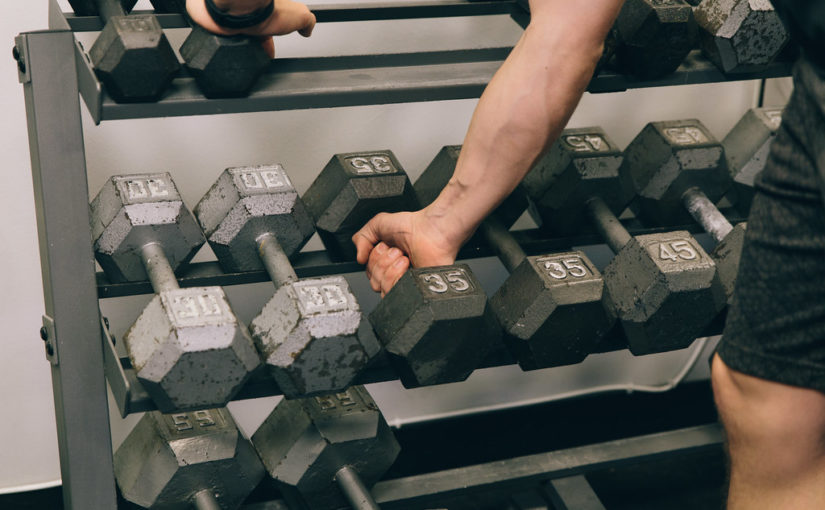Jan 22, 2021The Benefits of Resistance Training
Resistance training encompasses any type of exercise in which your muscles have to overcome some sort of oppositional force.
That may include utilizing equipment like dumbbells, kettlebells, and resistance bands or using your own bodyweight — meaning things like high-intensity interval training (HIIT), plyometrics, Pilates, and yoga can be considered resistance training.

Utilizing resistance training in your workout regimen can improve muscular endurance, speed, agility, power, and reaction times. Resistance training is often interchanged with the term strength training, though it can be thought of as referring to a rectangle as a square. Strength training is a type of resistance training, but not all resistance training is going to help you get stronger.
Below is an excerpt from Women’s Health Magazine’s Julia Sullivan, CPT, on four benefits of resistance training.
- Building Strength in Bones & Heart
Less than an hour of lifting weights per week may reduce your risk of heart attack or stroke by upwards of 40 to 70 percent, according to one Similarly, Iowa State University study.
What’s more: Weight-bearing exercises improve bone density and prevents bone loss, which is a key factor in preventing age-related fractures down the line, according to research published in the journal Endocrinology and Metabolism.
- Reduce Risk of Injury
Stronger muscles don’t just mean extra strength and power. Resistance training actually increases your ligaments’ flexibility and promotes balance among your muscles, which helps you avoid common movement-related injuries, according to a British Journal of Medicine study.
- Increase Lean Muscle Mass
The less experience you have, the faster your gains will be in the beginning. Basically, you’ll see a satisfying change in your body composition (how much muscle versus fat you have) straight away after embarking on a resistance training program.
» ALSO SEE: The Benefits of Athletes Practicing Yoga
For more advanced exercisers, the key is to be consistent with your workouts and continue to progressively challenge your body. This could mean lifting with heavier weights, working at different tempos, or increasing your rep volume or intensity level on the regular.
- Boost Your Mental Health
While improved body composition, heart and bone protection, and injury prevention are obviously worthy reasons to start resistance training, the biggest, possibly most important benefit is a bit more intangible.
People with mild to moderate depression who resistance trained at least two days per week experienced a significant reduction in symptoms, according to one 2018 JAMA Psychiatry study. And in people who weren’t flagged for depression beforehand? A single workout equaled a substantial mood boost.
To read the full story from Women’s Health Magazine on the benefits of resistance training, including an introductory breakdown, click here.



